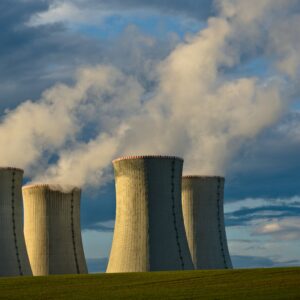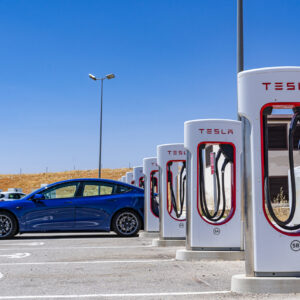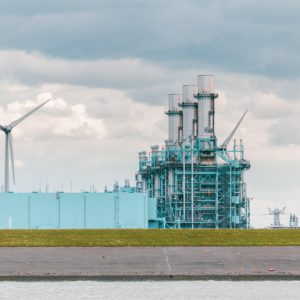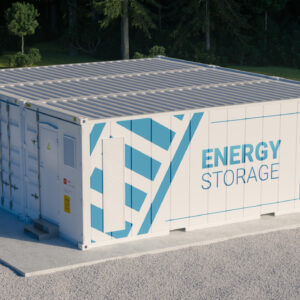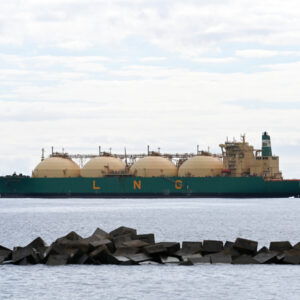Indonesia plans to start offering carbon credit certificates to international buyers next week, the country’s carbon exchange said, to raise funds to help efforts to achieve its carbon neutrality target. Indonesia is an archipelago with the world’s third-largest rainforest area, but is also one of the world’s top 10 green house gas emitters. The first...
How insurance innovation could unlock billions for nature-based climate solutions
With some 55% of the world’s GDP either moderately or heavily dependent on nature, according to PwC, opens new tab, much more finance needs to flow away from activities that harm nature towards activities that support it. Indeed, the U.N. Environment Programme estimates , opens new tabthat annual investments in nature-based solutions (NbS) need to increase from $200...
Economic loss from California wildfires could reach $52B-57B: Report
Total damage from the devastating wildfires scorching Southern California could amount to between $52 billion and $57 billion in economic losses, according to a new analysis. The estimate, issued by AccuWeather’s Global Weather Center, accounts for both direct and indirect impacts of the storm and includes both insured and uninsured losses. Some such costs relate...
Constellation Energy Agrees to Buy Calpine for $16.4 Billion
Constellation Energy agreed to buy Calpine for $16.4 billion, combining two of the country’s largest electricity generators at a time when their product is in high demand from tech companies. Including the assumption of debt, Constellation on Friday valued the cash-and-stock deal for the privately held Calpine at $26.6 billion. The value of power generators has...
EV Slowdown: Limits of ‘Technology Forcing’
California has mandated an end to internal combustion engines, but consumers aren’t going along with this central plan. The brilliance of the market economy is that the customer actually is the king, which has become obvious when it comes to electric vehicles. Like any product, EVs offer benefits and disadvantages that consumers can sort through on...
Freezing In the Dark? Report From Seven New England States Outlines “Staggering Costs” of Regional Green Energy Policies
New England residents already pay some of the highest electricity rates in the country, as most regional state governments have respectively committed to reducing their carbon emissions by at least 80% by 2050. If this plan is not revised, residents and businesses can expect electricity rates to double, along with suffering from rolling blackouts, according...
DOE issues draft energy storage road map to accelerate cost reductions, diversify supply
While the U.S. Energy Information Administration has projected that “new storage capacity additions [eclipsed] wind, nuclear, and all fossil capacity combined” in 2024, lithium-ion batteries comprise more than 95% of U.S. storage deployments, underscoring the need for a wider range of technology options to improve supply chain resilience, DOE said in the road map. The recent oversupply...
Walmart Commits Millions Toward Wildlife Conservation
In 2005, Walmart launched the Acres for America program, committing to fund an acre of wildlife conservation for every acre the company developed for commercial purposes.
Natural gas demand from US LNG export plants heads for first decline in 8 years
Demand for U.S. natural gas to produce liquefied natural gas (LNG) for export this year is headed for its first decline since the country started exporting the super-chilled fuel from the lower 48 states eight years ago. The U.S. is the world’s largest exporter of the superchilled gas and a key provider of gas to Europe in...
Chris Wright Poised to Restore U.S. Energy Dominance at DOE
In 2017, I met the CEO of a major German manufacturing company. The CEO was envious of the U.S. and its position as an energy powerhouse. Our development of oil and gas had made energy so abundant and affordable that he was exploring opportunities to open new manufacturing facilities in the U.S. On the Senate...



